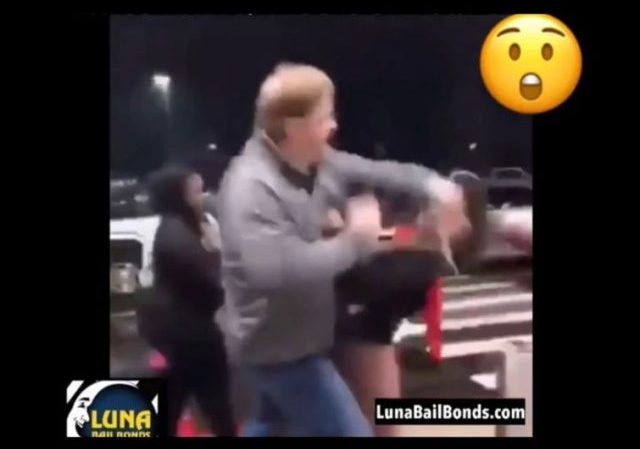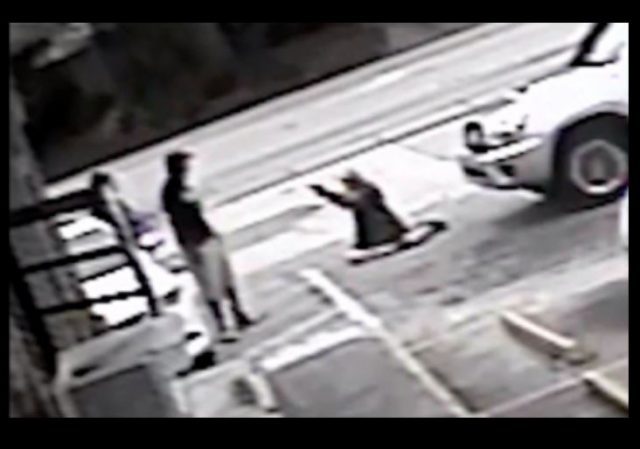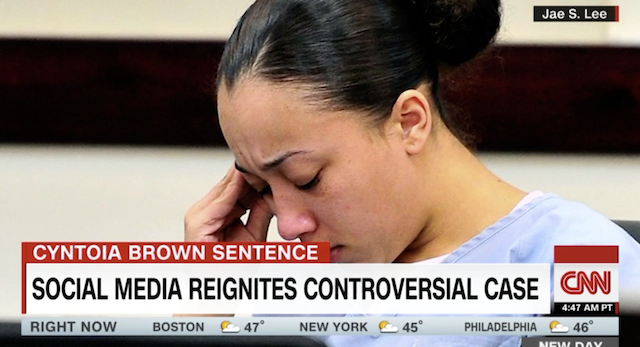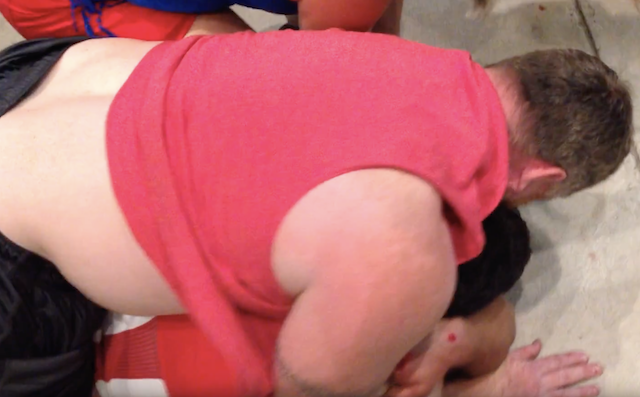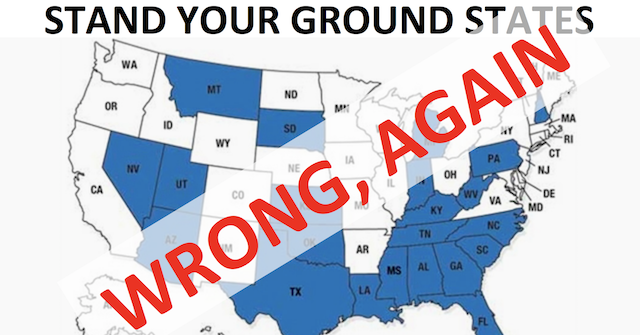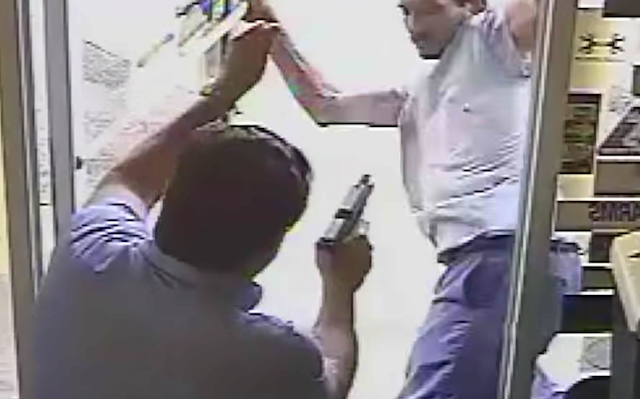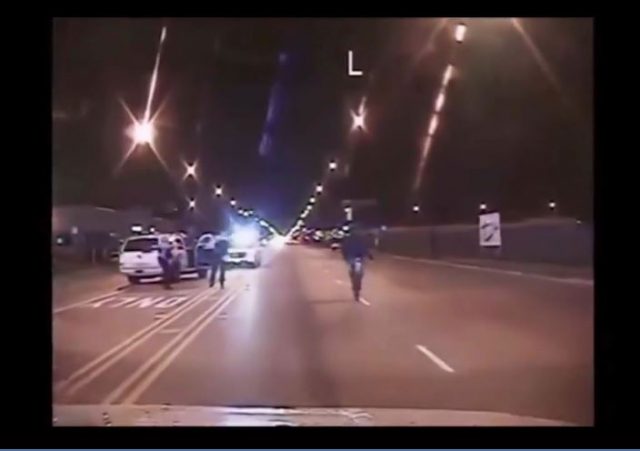Author: Andrew Branca
Andrew Branca
Andrew F. Branca is in his third decade of practicing law in the Commonwealth of Massachusetts. He wrote the first edition of the "Law of Self Defense" in 1997, and is currently in the process of completing the fully revised and updated second edition, which you can preorder now at lawofselfdefense.com. He began his competitive shooting activities as a youth in smallbore rifle, and today is a Life Member of the National Rifle Association (NRA) and a Life Member and Master-class competitor in multiple classifications in the International Defensive Pistol Association (IDPA). Andrew has for many years been an NRA-certified firearms instructor in pistol, rifle, and personal protection, and has previously served as an Adjunct Instructor on the Law of Self Defense at the SigSauer Academy in Epping, NH. He holds or has held concealed carry permits for Massachusetts, Connecticut, Rhode Island, New Hampshire, Maine, Pennsylvania, Florida, Utah, Virginia, and other states.
Law of Self Defense: Man Knocks Out Woman in Self-Defense?
Law of Self Defense: Detective in “Handicap Parking Spot Shooting” Case Arrested
Law of Self Defense: When the 5th Amendment collides with the right of Self-Defense
Was Cyntoia Brown sentenced to life in prison for self-defense? Nope.
Law of Self Defense: FedEx Driver Not Charged in Fatal Punch of Man Who Hurled Racial Slurs at Him
Law of Self Defense: How to Turn An “Accidental” Shooting into Negligent Homicide
Law of Self Defense: Road Rage Stabbing Acquittal Touches Many Facets of Self-Defense Law
Law of Self Defense: Ohio House Votes to Join Modern Era of Self-Defense Law
Law of Self Defense: How Martial Arts Can Get You 25 Years
Law of Self Defense: Using Your Gun to Defend Your Car — Just Don’t
Law of Self Defense: Media Mangles “Stand-Your-Ground” Law Yet Again
Update: Mark O’Mara Joins Legal Team for Shoplifter Shooter Michael Dunn
UPDATE: FL Shooter of Shoplifter Charged with Murder
Law of Self Defense: Use of Deadly Force Against Shoplifter Stealing A Hatchet
Law of Self Defense: Will US Supreme Court Allow Cops’ Suit Against Marilyn Mosby?
No Surprise: Police Shooter of Laquan McDonald Convicted
Law of Self Defense: A Merely Speculative Fear is Inadequate to Justify Use-of-Force
Donations tax deductible
to the full extent allowed by law.
CONTRIBUTORS
- William A. Jacobson
Founder
- Kemberlee Kaye
Sr. Contrib Editor
- Mary Chastain
Contrib Editor
- Mike LaChance
Higher Ed
- Leslie Eastman
Author
- Vijeta Uniyal
Author
- Stacey Matthews
Author
- Jane Coleman
Author
- Ben Smith
Weekend Editor
- Elizabeth Stauffer
Author
- Mandy Nagy
Editor Emerita
- Learn more about the Contributors



